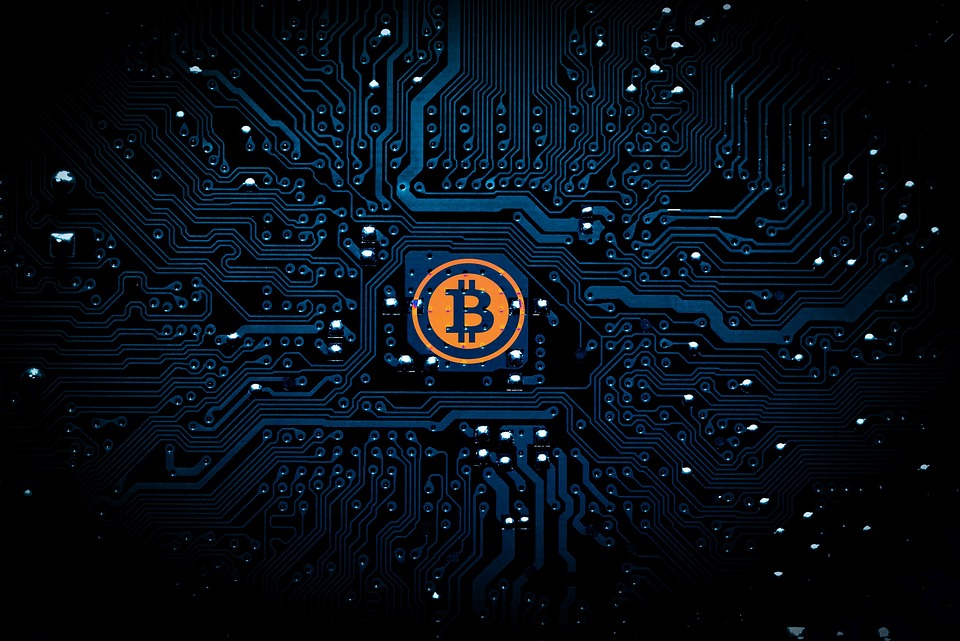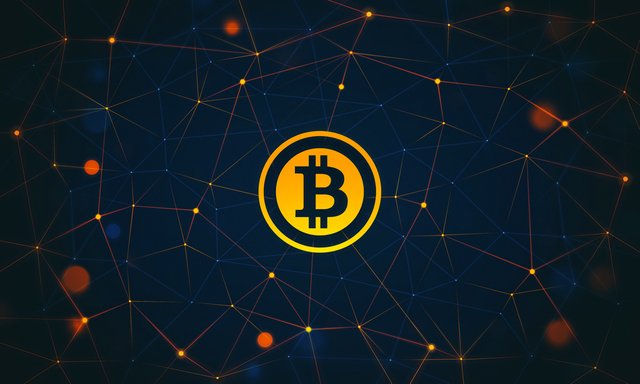In the wake of failings by KnCMiner and Mt. Gox, many "mainstream" private equity firms were reticent to enter cryptocurrency dealings. However, large banking institutions continued to monitor the "mini-market" to determine if there were technology to emulate, or a more hack proof trading platform to protect customer information. There is still room for third party entities to contract with large banking institutions to supply hardware and software solutions to white label transactions utilizing Blockchain technology. Such developments will be game-changing in global finance, but before exploring the intricacies of Blockchain transactions, it's imperative to explain the meaning of what Bitcoin is and how the market of currency trade is impacted.
It’s time to get up to speed.

The precise details of how the protocol works are considerably complex, but the basic concept is both simple and elegant. Bitcoin is a semi-anonymous digital currency that operates by means of cryptography and a decentralized peer-to-peer payment network. Trust is generated in the Bitcoin system through open-source transparency, irreversible transactions, and payment processing via global network consensus.
Individual Bitcoins exist as blocks of encrypted electronic signatures. Anytime a Bitcoin changes hands, the new owner’s electronic signature is added to the block, and the transaction is recorded and confirmed by the Bitcoin network in an encrypted public ledger called the blockchain. This ledger, which can be manipulated by anyone with the specialized computing hardware necessary to do so, contains a permanent record of every Bitcoin transaction that has ever taken place.
Consumers acquire Bitcoin by one of three methods. The most obvious options are to receive coins as payment for goods and services, or else to purchase them directly from an exchange such as Coinbase. Entrepreneurial-minded technologists can also mine new Bitcoin for themselves, though the economics of this setup are not as favorable as they were a few years ago. “Mining” is the term used for processing transactions on the Bitcoin network. This endeavor requires specialized computer hardware to handle the processing power needed to decrypt and modify the block chain. In exchange for the use of CPU power to verify transactions, the system rewards users with freshly minted Bitcoin of their own. This is the means by which new Bitcoin enter circulation, and the whole system is designed to cap off at twenty-one million.
Individual Bitcoin owners make payments by means of wallets, which generally take the form of smartphone apps or computer programs. Each wallet has a public address and a private key. The public address functions much like an email address, which the wallet owner can share in order to receive payments. The private key, on the other hand, functions more like a PIN number, allowing the wallet owner to authorize the release of Bitcoin to another user’s wallet.

Although anyone may own Bitcoin currency, nobody owns the Bitcoin network. This is both its greatest strength and, arguably, its most controversial facet. As with any open source software, Bitcoin depends upon the consensus and personal investment of its own users to generate trust and motivate wider acceptance by retailers and state governments. More than 250 retailers, including such popular online services as WordPress and CheapAir.com, banded together for Bitcoin Black Friday several years back in an effort to increase awareness of the currency and expedite its wider adoption by other retailers.
From a vendor’s perspective, the Bitcoin network provides an alternative to the hefty transaction fees associated with handling traditional currencies through banks and credit card companies, allowing them to price their goods lower while still realizing substantial profits. In numerous Senate hearings, U.S. government officials have expressed concern, skepticism, and receptiveness to the new currency. This is noteworthy, considering the FBI’s recent shutdown of the Bitcoin black market known as Silk Road and growing concerns over the attractiveness of Bitcoin for illegal transactions involving drugs, weapons and international terrorism. Fortunately, communities such as Steemit have formulated to demonstrate the cryptocurrency community's tremendous ethic for improving the world beyond their own earnings.
Many still believe the "Bitcoin Boom", and it’s exciting to watch what happens in the coming years as the banking system weighs options to transact with Blockchain technology. At its present rate of growth, Bitcoin could gain sufficient clout to compete for a place of prominence in international commerce, albeit controversially. And that means those reading about Bitcoin could very well be watching economic history in the making. As for Steemarians, we are those making history.
About the author:
Dr. Brandon Chicotsky is a business faculty member at Johns Hopkins University specializing in business communication. Since beginning university lectureship in 2014, Brandon has taught over 1,000 students in various topics ranging from information management to formal research methods. Brandon teaches at both the Harbor East campus in Baltimore and Washington, D.C. campus for Johns Hopkins Carey Business School. His research interests center on media branding with interdisciplinary aspects of human capital valuations, organizational management, and corporate PR. He is currently conducting research involving: 1) condition branding and its impact on consumer sentiment after adverse effects; and 2) the history of capital markets pertaining to tech-sector trading. Brandon may be reached at [email protected] or on twitter @chicotsky.
Awesome to have you in this community, Brandon! Looking forward to hearing more from you. :)
Downvoting a post can decrease pending rewards and make it less visible. Common reasons:
Submit